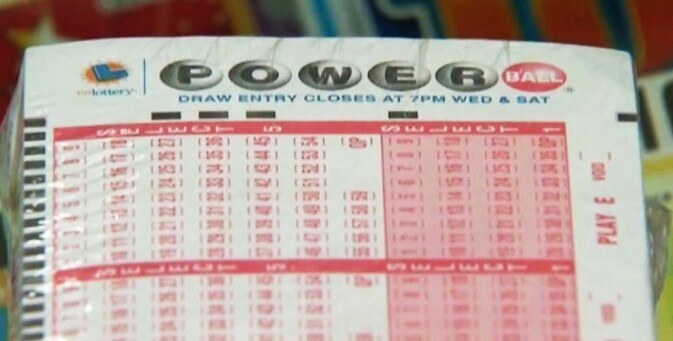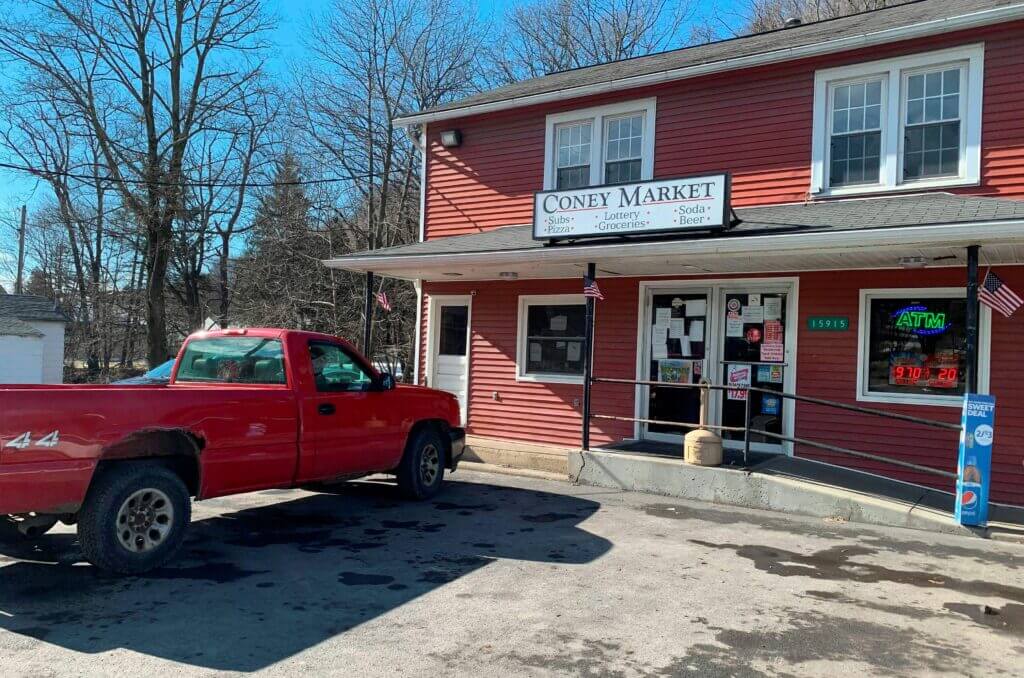On 20 January 2021 a lucky Powerball player in Maryland won an incredible jackpot of $731m. The name of the winner may never be known as under Maryland laws he can choose to stay anonymous.
The winning numbers were 40-53-60-68-69, and the Powerball 22. This was the only ticket that had all six winning numbers. The advertised jackpot prior to the draw was $730 million, but higher-than-expected ticket sales pushed the jackpot to $731.1m, or $1.1m higher.
The winner may choose how he wishes to be paid, and most of previous winners have chosen the lump-sum cash option that pays the winnings right away. If that’s the case here, the winner would get $546.8 million, and that is the second-largest cash value for a single winning ticket in US history.
If the winner takes the $546.8m lump sum, it will be subject to a 37% federal income tax, cutting $202.2m from the win. The state of Maryland will take a share of 8.95%, assuming the winner is a Maryland resident, which will bring the total win down to roughly $295.5m.
The winning ticket was bought at the Coney Market convenience store (pictured) in a small town of Lonaconing in Allegany County in the Georges Creek Valley that has a population of only 1,107 according to the 2019 estimate.
“We’re really happy for somebody,” Coney Market owner Richard Ravenscroft told the Associated Press. “We don’t know who it is yet.”
This is likely to remain the case, as most winners choose to remain anonymous. Maryland is one of 11 states that allow anonymity out of 44 states that have a lottery. Obviously, suddenly winning such a huge sum can make one a target for requests for money from family, friends and old friends, sometimes even complete strangers, people who need an investment for their business idea and so on.
This is only the first challenge a lottery winner must face after a life-changing win. It’s a known fact that lottery winners are more likely to go bankrupt within 3 to 5 years than the average American. Studies have found that winning the lottery got people into more trouble, as they stop working, they give too much money away, they go spend-crazy, and they start business ventures that fail.


